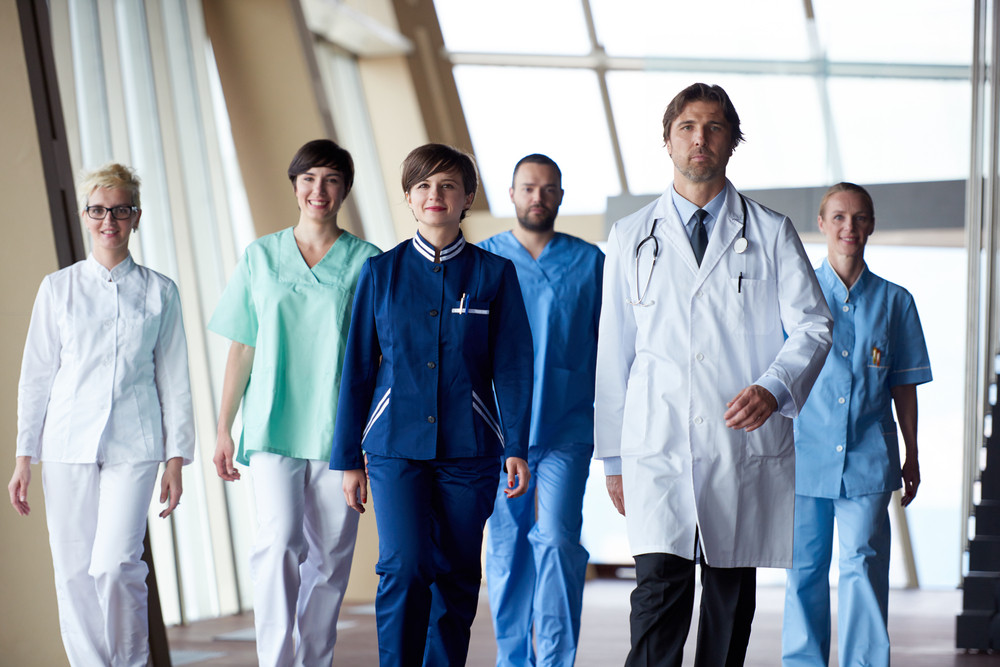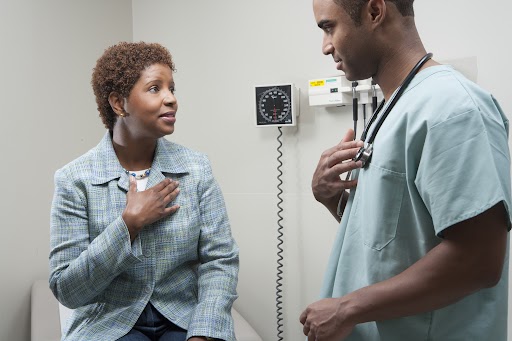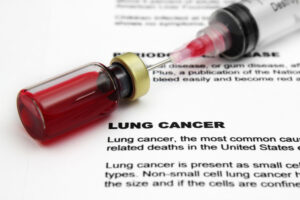
If you’ve been recently diagnosed with cancer, one of the most important decisions you’ll face is selecting a specialist to treat your disease. But how do you go about choosing the best cancer specialist for your needs? Here are six tips to help you make the right decision.
1. Do Your Research
The first step is to do your research. Look for a specialist who has experience treating the type of cancer you have. You can find information about specialists online or in directories such as the American Board of Medical Specialties and other online resources.
2. Check Credentials and Reviews
Next, check the specialist’s credentials. Ensure they are board-certified in oncology and have the experience and training you’re looking for. You can also read reviews of specialists online from patients who have used their services.
3. Consult With Your Doctor
Your doctor can also provide recommendations for cancer specialists. They have a good understanding of your medical history and can recommend specialists who are best suited to treat your particular type of cancer. Remember, most doctors are also very well connected and may know of specialists who are not as well known but still have a lot to offer.
4. Consider Specialty Hospitals
There are now several hospitals that specialize in cancer care. These hospitals often have specialists on staff who are experienced in treating all types of cancer. If you’re looking for a highly specialized treatment, a specialty hospital may be the best option for you.
5. Ask Questions
When interviewing potential cancer specialists, be sure to ask lots of questions. Find out what their treatment plan is and what the success rates are. Ask about potential side effects of treatment and what support services are available. It’s also important to ask about their experience treating your type of cancer.
6. Tour the Clinic
If you’re able to, it’s a good idea to tour the clinic or hospital where the specialist will be treating you. This will give you a better idea of their facilities and how comfortable you feel with them.
7. Trust Your Gut
Ultimately, you have to trust your gut when making this important decision. If you don’t feel comfortable with a particular specialist, it’s best to go with another option. The most important thing is that you feel confident that the specialist you choose can provide the best possible care for you.
According to the National Cancer Institute, approximately 1.8 million new cancer cases will be diagnosed in the United States in 2020. Fortunately, by working with the best cancer specialist for your individual needs, you can greatly improve your chances of successful treatment. If you or a loved one has been recently diagnosed with cancer, call Palo Verde Cancer Specialists today to learn more about our cancer specialists and how we can help you get started on the best possible treatment plan.





